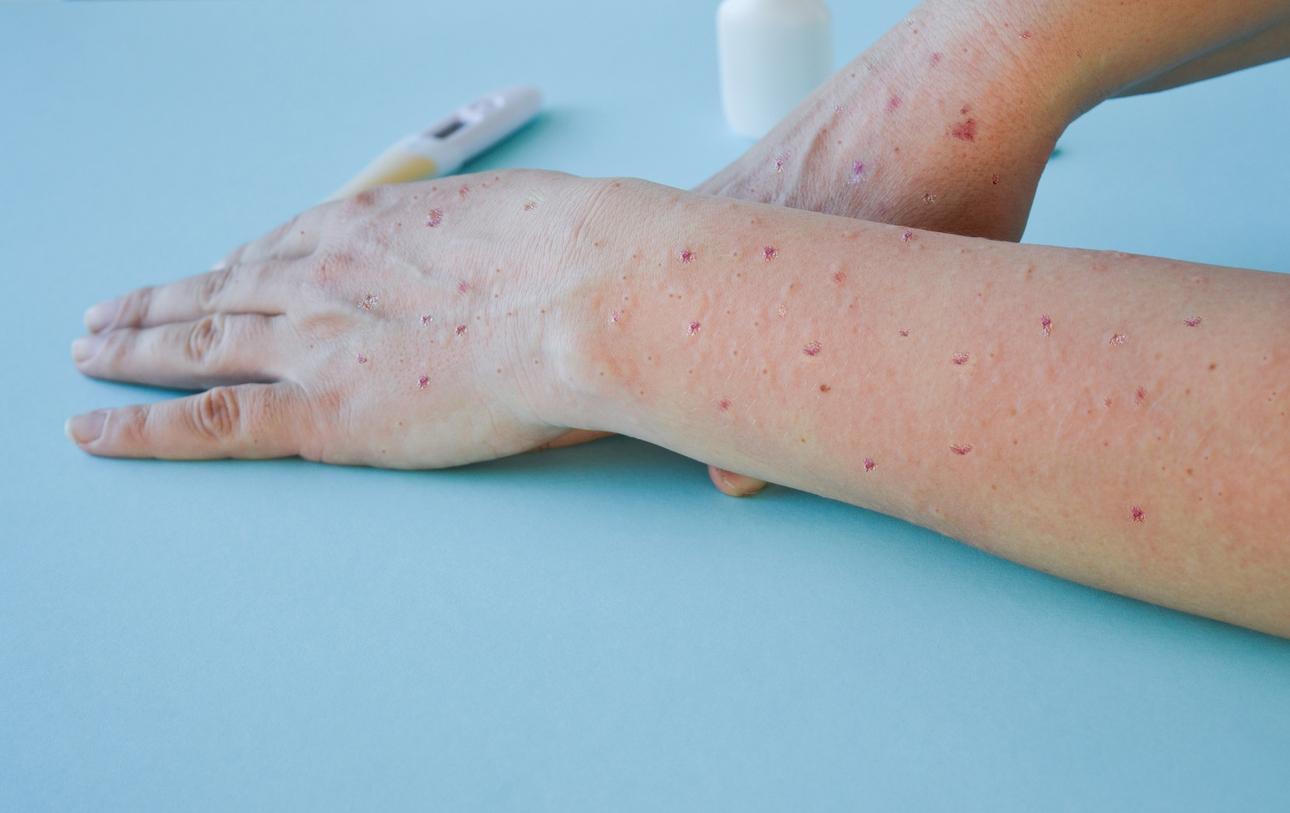The WHO calls for all experiments that could lead to the birth of genetically modified humans to be stopped and calls on the regulatory authorities of the countries concerned to take action.

In November 2018, the Chinese scientist He Jianki created controversy by announcing the birth of the first genetically modified babies in order to protect them from AIDS. Eight months later, the WHO has decided on this subject. “Regulatory authorities in all countries should not allow any work in this area to proceed until the implications are fully considered,” Director-General Dr Tedros Adhanom Ghebreyesus announces after receiving interim recommendations from an expert advisory committee.
The latter also suggests that the WHO create a “transparent global registry for all experiments related to human genome editing”. Thus, the notice does not firmly prohibit this practice but recommends that the authorities condemn it. “Human germline genome editing poses unique and unprecedented ethical and technical challenges,” explains Tedros Adhanom Ghebreyesus.
“Given the uncertainty at the moment, it would be unfortunate for any country or institution to do anything contrary to the advice of the WHO. Overall, I expect it to dampen the enthusiasm of move forward in this technology”, comments Carolyn Brokowski, assistant researcher and bioethicist at Yale Medical School, quoted by the specialized site genethique.org. Jennifer Doudna, a biochemist at the University of Berkeley, hopes that governments will help enforce WHO recommendations. “With a statement like that, it’s clear that there shouldn’t be any use of human germline genome editing in clinics and it becomes very difficult for anyone to say they didn’t know or that they were operating within published guidelines,” she said.
A Russian researcher wants to launch trials despite everything
“I congratulate the WHO for taking a position which I think goes in the right direction on this subject”, finally comments Fyodor Urnov, a scientist specializing in genome editing, who says that this technology is not necessary. medically. Still it is necessary that “it (have) a deterrent power” of He Jiankui.
Despite the controversy, a Russian scientist has just announced that he wants to launch trials after parents volunteered to modify their future babies with the CRISPR-Cas9 method commonly referred to as genetic scissors for the brain. And since the components of this technique are readily available, “there is little the WHO can do to prevent unscrupulous scientists” from clandestinely carrying out clinical research in genome editing.
This week, American researchers announced that they were about to launch trials to test the CRISPR technique for the first time in a human body to treat a form of hereditary blindness. People with this condition (a form of Leber’s congenital amaurosis) are born with normal eyes but without the gene that can convert light into brain signals and thus produce vision.
The debate will resume in August in Geneva
The first manifestations of the disease generally appear during childhood and get worse over time. Some individuals end up completely losing their sight. The idea of the scientists is therefore to use CRISPR to remove premature cells from the bone marrow and “modify” them so that they begin to increase the production of fetal hemoglobin (a type of hemoglobin found normally in newborns and fetuses), which should make blood cells less sticky and therefore less likely to clump together.
Also, unlike Chinese babies “modified” in utero, the genes changed here cannot be passed on to future generations. Trials should begin in the fall on 45 adults. Eventually, the researchers would like to be able to practice this technique on patients from the age of three and in a single procedure.
The debate around genetically modified babies is expected to continue in August at the WHO expert committee meeting in Geneva, Switzerland. They intend to discuss the best ways to “discourage and prevent the irresponsible and unacceptable use of genome-edited embryos to induce human pregnancies.”
.

















